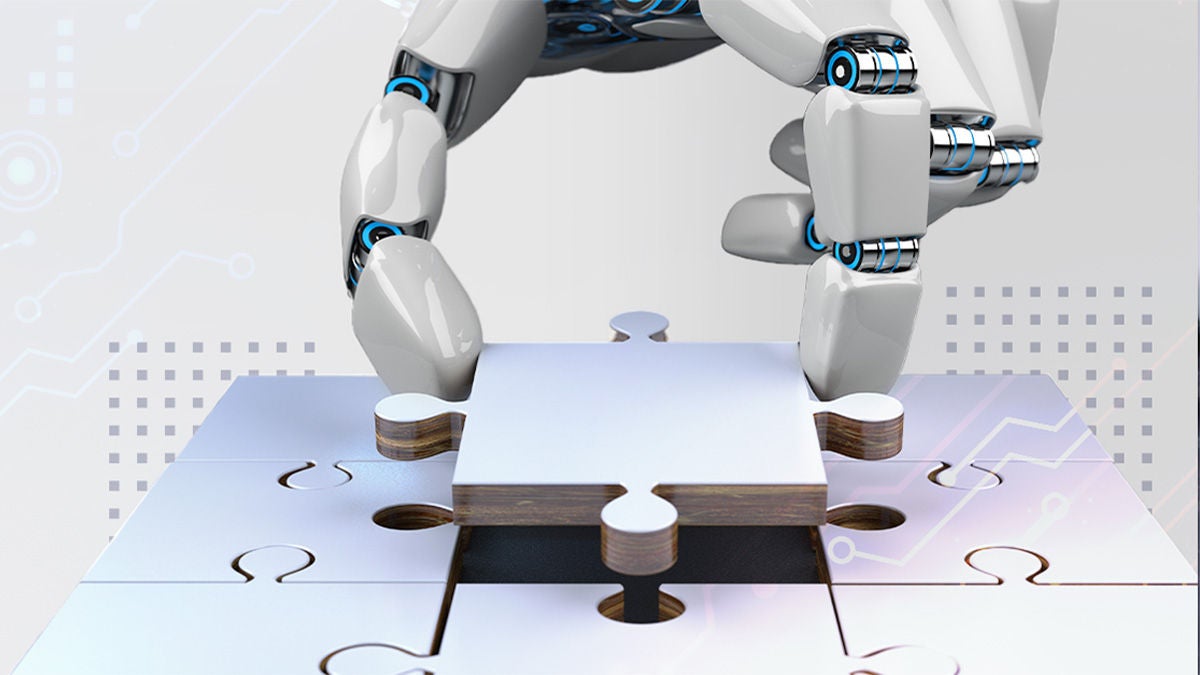3 Behavioral Competencies Key to Organizational Success: Resilience, Gratitude, and Empathy

Individual behaviors influence personal growth and professional competence. There are specific behaviors and soft skills that all employees should develop to propel organizational success - these are called behavioral competencies. They encompass personality traits, attitudes, people and communication skills, career attributes, and social intelligence. These competencies help excellent performers stand out.
In the past, hiring teams evaluated candidates based on their resumes, professional skill sets, and work experiences. Most workplaces assumed the potential impact of behavioral competencies on employee performance, a significant misstep. According to The Carnegie Foundation for the Advancement of Teaching report, 85% of our job success is a product of interpersonal skills and only 15% results from technical knowledge. That being said, we must prioritize behavioral competencies during talent acquisition for positive company culture and organizational performance.
At Calix, we are intentional with our talent. In this blog, I'll discuss three behavioral competencies that shape our talent culture at Calix: resilience, gratitude, and empathy.
1. Resilience
As I highlighted in this blog, resilience is vital in empowering our teams; it's the bedrock for peak organizational success. It enhances our adaptability, accountability, perseverance, and ability to bounce back after facing challenges.
Our workplaces evolve every day, changing the expectations of our organizations and clients. This makes adaptability a priority among our employees and company leaders. Resilience lends itself to adaptability, which reassures all stakeholders that we can confidently adjust to the demands of different tasks.
When you hire resilient people, your teams view obstacles as growth opportunities and assume solution-oriented attitudes when facing changing adversities. They stay on task even when challenges arise and see their jobs to completion. With such organizational resilience, you're sure to recover from setbacks and move forward with a competitive edge, as McKinsey reports.
In addition, resilience is a priceless trait we need to cultivate as company leaders. We can only build resilient teams if we ourselves are resilient. Better Up notes that we can cushion our teams from being pressed at work if we're resilient.
At Calix, flexibility and adaptability are at the core of our culture, and that's why our employees are some of the most resilient people.
While assessing resilience, we should also remember that self-awareness is an essential aspect of resilience. Employees who understand their personality traits, emotional strengths and weaknesses, and motivations are better equipped to take on shared organizational objectives. Self-awareness allows employees to reorient their efforts toward a purpose greater than themselves.
2. Gratitude
Expressing gratitude frequently in the workplace enhances performance. Appreciation, especially among teammates, is crucial as it improves stress responses. A study by the University of California San Diego's Rady School of Management reiterates this point, as teammates who thanked each other before performing a high-stress task had a better cardiovascular response than teams who did not express gratitude. Enhanced cardiovascular response increases concentration and confidence, which leads to a boost in the team's performance.
Gratitude strengthens company relationships. It is personal and profound, which means it impacts connections in a company. From a few kind words, relationships among teammates are deepened, making way for even more team effort and peer collaboration. Employees whose actions evoke gratitude from their superiors and peers also gain a little more trust in their competence and value within the company.
As leaders, we can shape the culture of our organizations by paying attention to the strengths of our employees and acknowledging them. This Harvard Business Review article notes that recognizing the strengths of individuals and their collective team effort increases employee performance, inspiring company growth. At Calix, we take note of the strengths of our employees and openly highlight them to boost their morale and remind them that their contributions are valuable to us.
3. Empathy
Emotion defines the human experience. Our ability to understand and share the experiences and perspectives of others while keeping an open mind is crucial to fostering positive relationships among people. Because of this, empathy is necessary for effective leadership and high-performance teamwork.
The evolution of technology-driven work has blurred the lines between official working hours and personal time, especially for companies with remote and global teams. This has affected the expression of empathy in such companies, but all is not lost. Here are a few approaches to empathy that work regardless of organizational structure:
- Active listening - Whether you're a leader or an employee, seeking to understand your colleague's emotions is important. Active listening calls for being attentive, reflecting on what they say, asking for clarification, and retaining information for the future. It enables them to feel heard, allows you to connect with them, and fosters trust between you and them.
- Establish empathy while leading a team - Create a safe space within your team and company that allows employees to reach out and open up to each other without fear of judgment. As a leader, you set the pace when it comes to culture. Being empathetic teaches your team its importance. It also shows them how they might apply empathy as they interact with one another.
Additionally, the Center for Creative Leadership found that managers who practiced empathetic leadership toward direct reports were viewed as better performers by their bosses. As leaders, we must prioritize one-on-one sessions with our employees to check their personal and professional well-being and offer support where necessary.
- Offer emotional support to others during their times of need, whether at work or personally. This transforms your workplace into a place of belonging and acceptance. It also discourages any stigma that may hinder others from being empathetic. Showing compassion when your employees face personal struggles and extending your help when needed is a great way to practice empathy in the workplace.
- Champion for policies and company procedures that support empathy. Policy is a defining marker of a company's values and culture. When we formalize the importance of emotional intelligence among our teams as leaders, we establish a decisive take on how our employees should treat one another. This will normalize initiatives like team socials, allowing employees to take a break from work and create meaningful connections.
Transform Talent Acquisition with Behavioral Competencie
Overall, these three behavioral competencies promote meaningful connections among people in the workplace. They're also closely intertwined: empathy is important in experiencing gratitude; gratitude cultivates empathy and reciprocity, and both enhance a person's resilience. Including these behaviors in your hiring criteria will help you accelerate interpersonal relationships, communication, collaboration, and conflict resolution, impacting your company culture positively and setting you on the path to organizational success.
Join Our Team
We have exciting opportunities for people who are intentional about shaping the Broadband experience for the world around them. Join a company renowned for its exceptional culture.
Here are the current openings you can apply for and become a part of a company with an impeccable culture.
Related Articles




